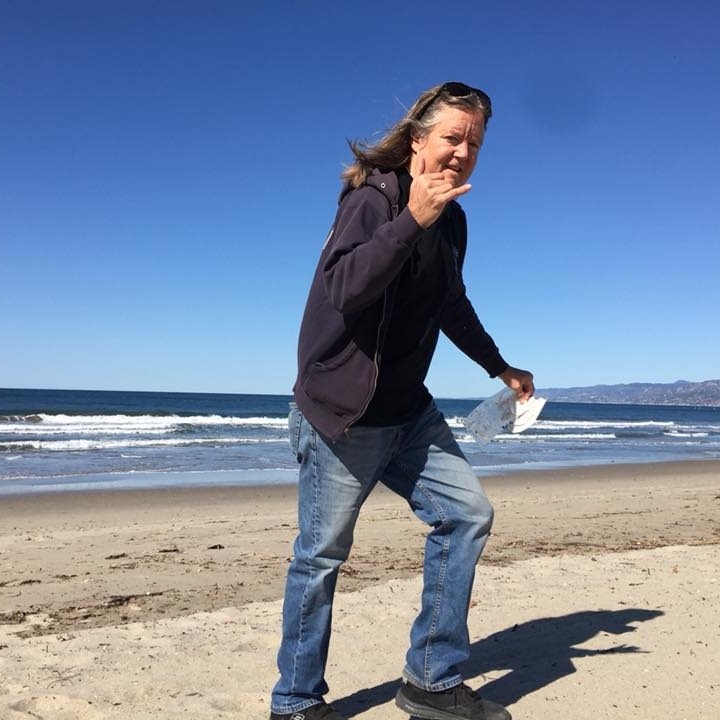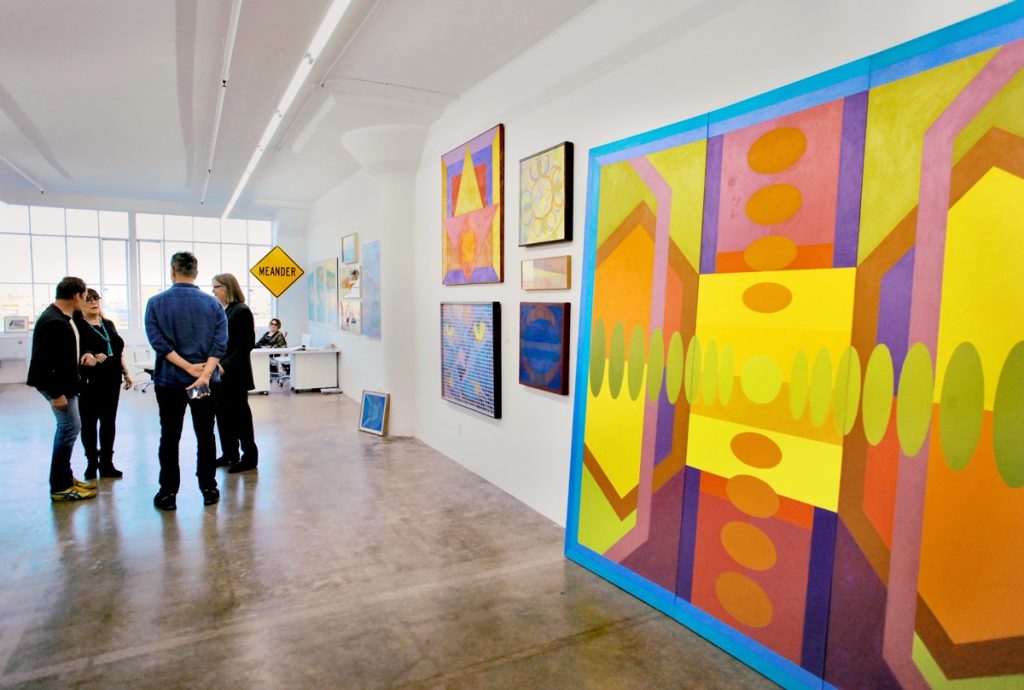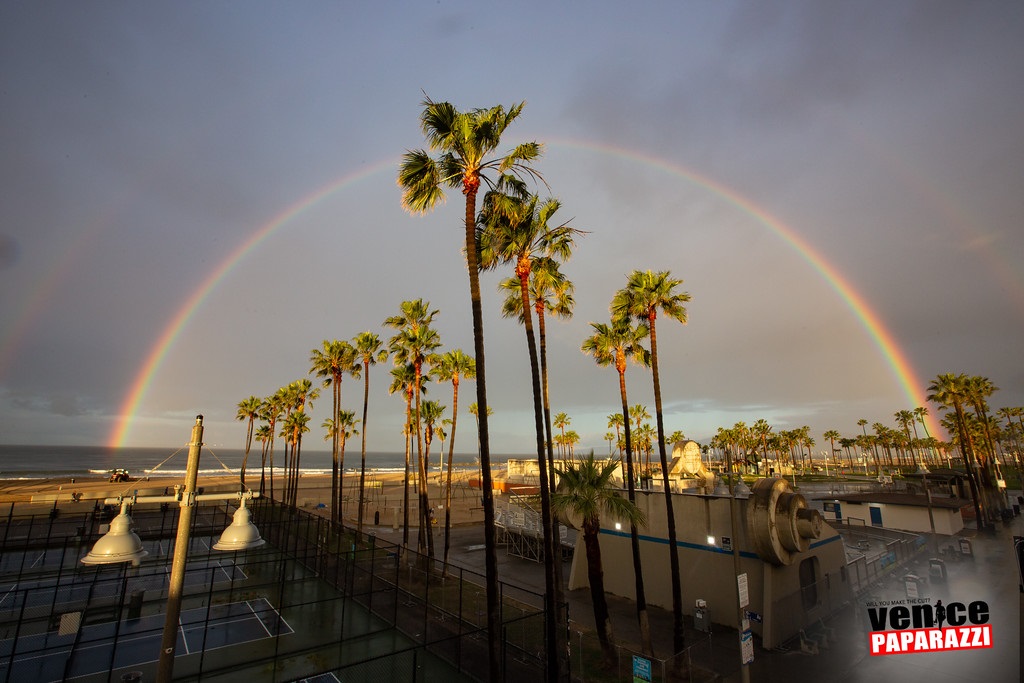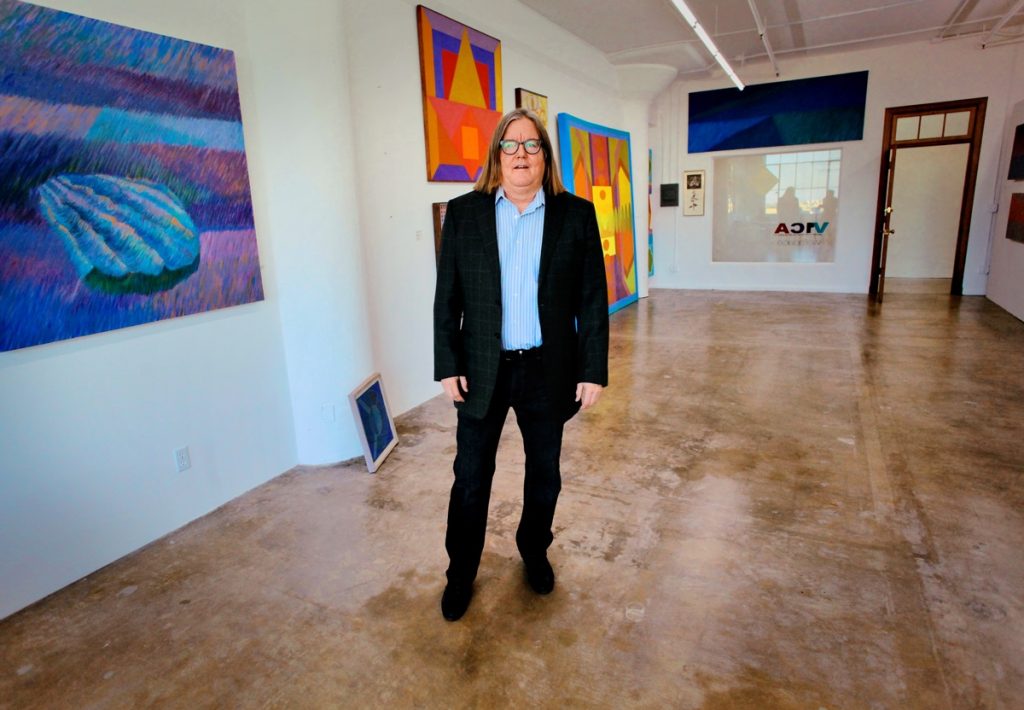Juri Koll, an artist, filmmaker and curator and a descendant of Estonians, writes from the locked down Los Angeles, California, that the people of the city are remembering our past, learning to appreciate basic things, such as a walk around the block, waking up to birds singing, and being alive and lucky enough to help each other out – but there are also many challenges.
I hope you are staying home and staying safe. We have been a creative hub of the world for the past 110 years or so here in Los Angeles – and in these times, it helps to think differently.
Compassion
The skies are clear, the pollution is down and the noise from vehicles is gone. Birds wake us up in the morning as in the days of yore. We read a lot, talk more on the phone, help each other more and figure out ways to show art and film and music in novel ways. We cook more and share it with others.
My two Estonian friends – Liis and Sander – who live just down the street (whom I just met at the Los Angeles Estonian House for Independence Day celebration in February) just dropped off tahini slices at my doorstep – “vegan, gluten free, no refined sugar, no GMOs” and with “lots of love”.
That’s just one example of the countless people in LA acting in positive, compassionate ways despite the fear and pressures they face in their own lives. In a massively diverse city like LA, the stress is everywhere.

I am fortunate enough to live a couple blocks from the beach in Venice (a residential, commercial and recreational beachfront neighbourhood within Los Angeles – editor). In LA, we are as close to dense woodland as we are in Estonia, and access to all of that has been blocked since the day before yesterday. It’s very difficult. People do not leave their homes except for essential trips. The streets and freeways are empty.
Challenges
We have a very large homeless population in Los Angeles – over 70,000 at last count, who are in a very challenging situation.
When we do go out, we wait in line – two metres apart – for what food is available. There is never any toilet paper, bread or canned goods to name a few items.
Hospitals already have or will run out of masks and ventilators in a matter of a few days. Artists and creatives are donating their excess PPEs – such as masks and gloves – to the first responders and hospitals. Our emergency services, such as hospitals, fire and police have no masks, and so first responders and their families know they are in danger, will probably get the virus, and are hoping for the best. As of yesterday, 24 police officers and six firefighters have the virus, and are quarantined at home.
Our governor estimates that 60% of us will get it – just here in California. That’s six million people in Los Angeles alone. We’re looking at losing 60,000 people. So far, we have 2,100 cases and 300 deaths. It is expected to spike considerably in the coming days.
Coping
Our creative industries – art, music, film, television, dance – are doing what they always have done: surviving as best we can. We use our energy to help others by putting our media online for others to enjoy. A friend of mine from Brooklyn, Gary Hustwit, is offering his films online for free during this time, and over 100,000 people across the planet have watched them.
I run a gallery in downtown LA, the Venice Institute of Contemporary Art (ViCA). We put a half year and everything we had into opening it on 8 February – a matter of days before the lockdown. The building we’re in, which houses 12 galleries, has been locked since last week with no access to the art or space (the landlords have told us we don’t have to pay rent for April – which is a start). We’re pushing our media online – offering films, photographs on our website and on social media and regular live feeds at 5pm each day. We’re offering international online portfolio reviews. Our Fine Arts Film Festival will be offering its 2020 Official Selections online and international distribution for them.

The film industry, of which I’ve been a part for 40 years, has shut down completely. Like the pandemic of 1918, only the strong, who go against financial trends and ignore their fears, will survive.
In the old days, when communities lived in caves, when creativity began, people told stories around the fire, painted on their walls and learned to sing and dance to provide comfort and support for each other. We’re remembering our past every day now, learning to appreciate basic things, such as a walk around the block, waking up to birds singing and being alive and lucky enough to help each other out.

Perhaps, along with this pandemic, we can learn to be a better world, better to each other. We owe each other at least that.
Stay safe and well, and feel free to reach out with collaborations and ideas.
Juri Koll
Venice, California
Sunday, 29 March 2020
4:25 PM
16.66°C/62°F
Sunny
Cover: Juri Koll at his gallery in downtown LA, the Venice Institute of Contemporary Art. Photo by Dietmar Kohl.

